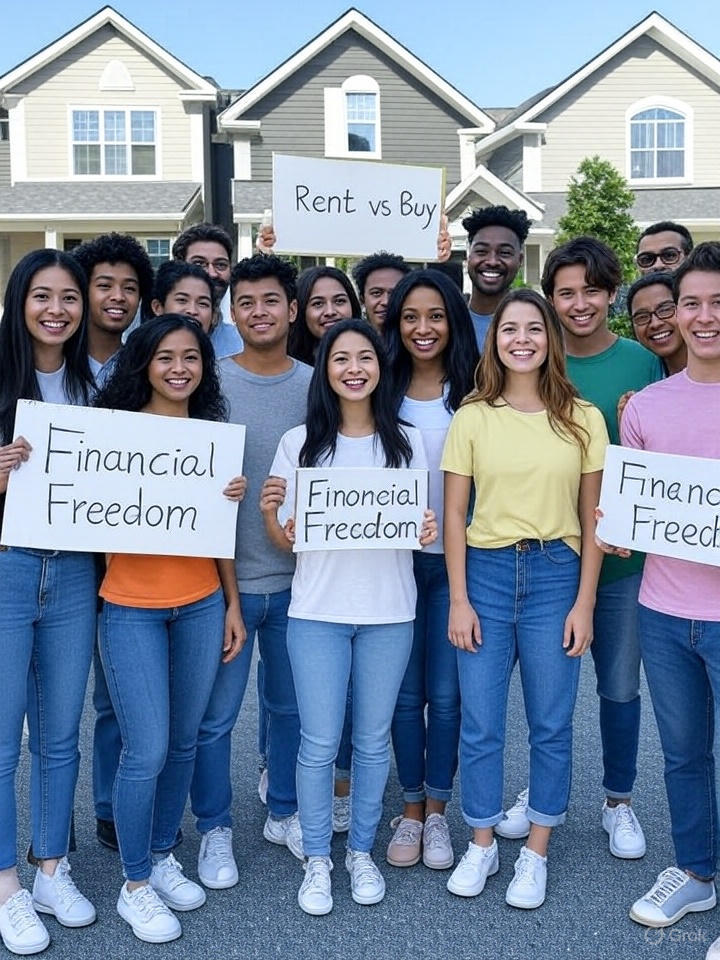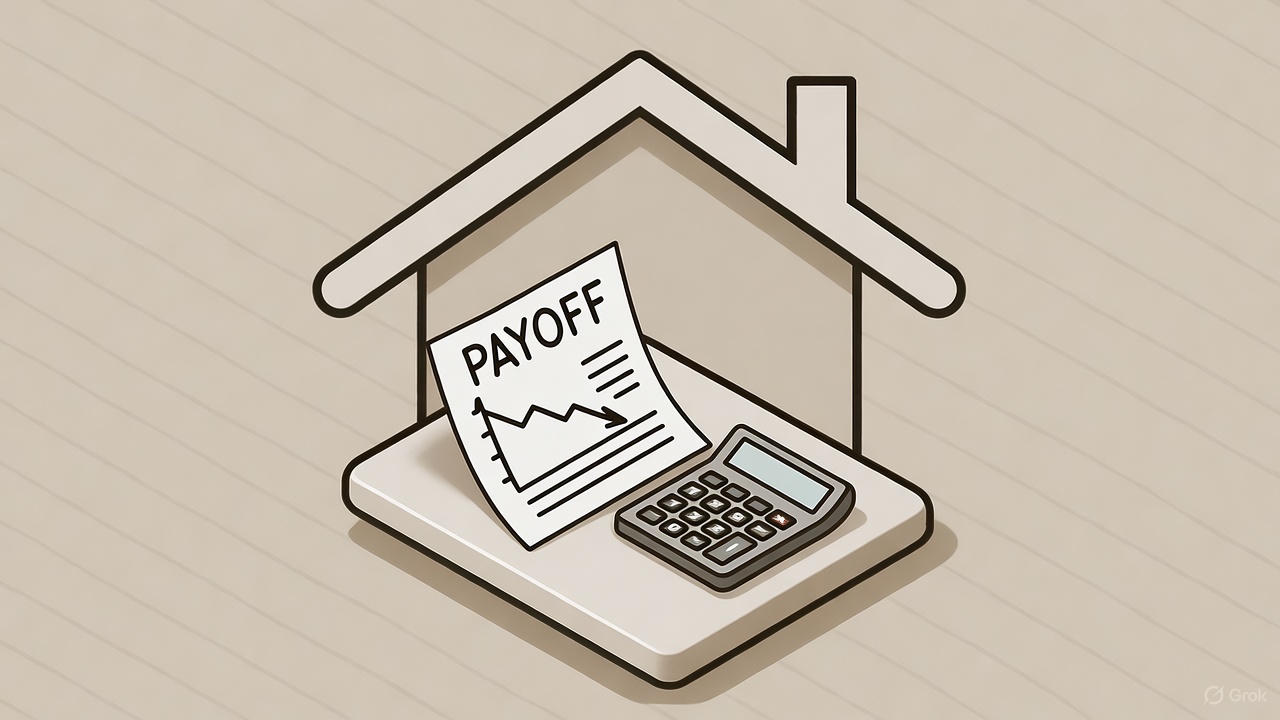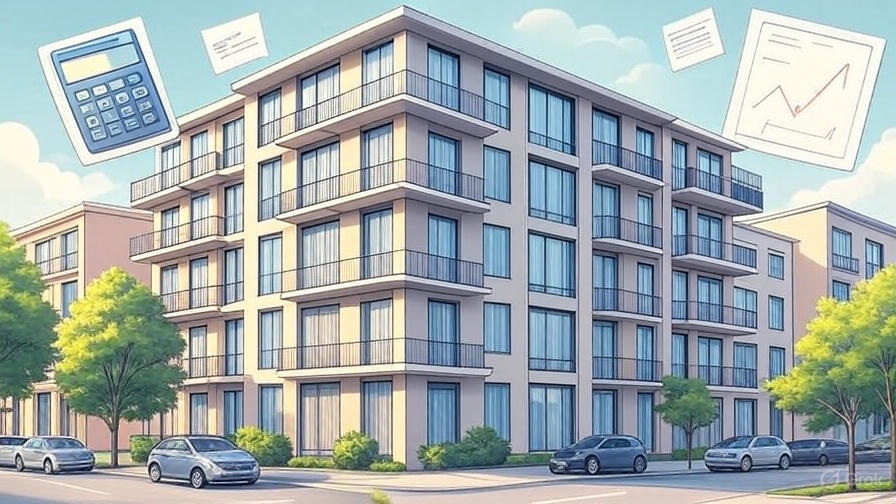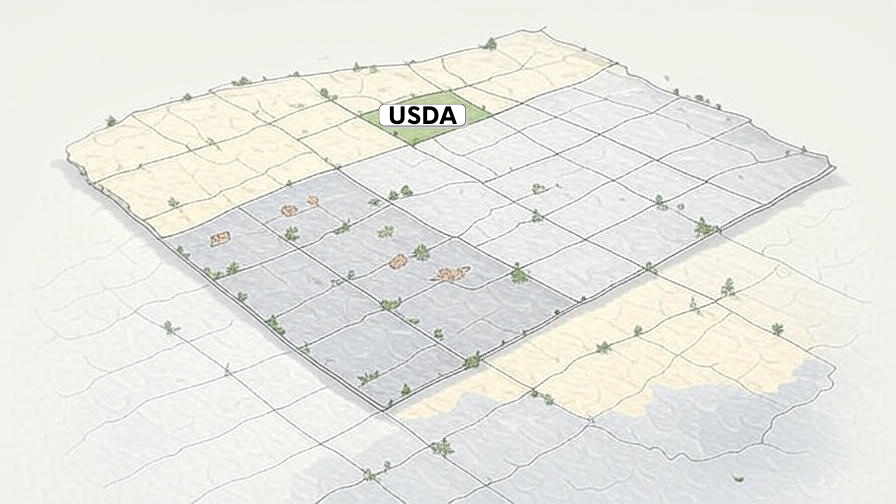Rent or Buy?
If you’re living in Raleigh, you’ve probably asked yourself: Is it smarter to keep renting, or should I buy a home now?
With rent prices climbing and housing costs shifting, the answer isn’t one-size-fits-all. Renting isn’t always “throwing money away,” and buying isn’t automatically the better deal. The right choice depends on your monthly budget, your goals, and how long you plan to stay.
Here’s a clear breakdown of how renting vs. buying really changes your monthly financial picture in North Carolina.
Why Renting Isn’t Always Bad
Renting sometimes gets unfairly criticized — but for certain life stages, it’s the smarter move.
Renting makes sense if you:
- Need flexibility (job changes, not sure how long you’ll stay in Raleigh)
- Want lower responsibility (landlord handles repairs and maintenance)
- Are still building savings or fixing credit before buying
- Prefer lower upfront costs (no down payment, due diligence, or closing costs)
In short: Renting isn’t a failure. It’s a strategy that works when flexibility or low responsibility matters most.
When Buying Starts to Win
Owning a home is more than just pride of ownership — it’s about financial stability and building wealth over time.
Buying makes sense when you:
- Plan to stay in the area for at least 3–5 years
- Want to lock in a stable monthly payment
- Want protection against rent hikes
- Like the idea of building equity instead of paying someone else’s mortgage
In Raleigh, many buyers find their mortgage payment is similar to — or even less than — their rent. The difference is that mortgage payments build long-term wealth.
The Costs of Buying That Renters Don’t Pay
It’s important to be realistic: Buying a home adds expenses renters don’t have.
Additional homeowner costs may include:
- Property taxes
- Homeowners insurance
- HOA dues (if applicable)
- Repairs and maintenance (budget at least 1% of your home’s value per year)
- Upfront costs: due diligence fees, inspections, and closing costs
These costs mean buying isn’t always cheaper in the short run, even if your mortgage is lower than your rent.
The Hidden Costs of Renting
While renting avoids maintenance headaches, it comes with its own hidden costs.
Renting can mean:
- Annual rent increases (no control over your payment)
- Having to move more often (lease not renewed, landlord sells)
- No equity building (your payments only benefit your landlord)
- Restrictions on customizing your space
So while renting may look simpler, it can cost more in terms of stability and long-term financial growth.
Real Example: $1,800 Rent vs $1,800 Mortgage in Raleigh
Let’s say you’re paying $1,800 in rent.
- As a renter: That $1,800 is gone each month, with no return — and you may face an increase at lease renewal.
- As a buyer: A $1,800 mortgage could mean part of your payment goes toward principal, reducing your loan balance each month. Over 5 years, that could add up to tens of thousands in equity.
The numbers aren’t always identical — but even when monthly costs are similar, the long-term benefits of buying are hard to ignore.
The Bottom Line: It Depends on Your Timeline
Renting vs buying isn’t a good vs bad choice — it’s about what fits your situation.
- Short-term or uncertain plans? Renting may be smarter.
- Ready to stay put and build wealth? Buying usually comes out ahead.
“My goal isn’t to push you one way or another — it’s to help you run the numbers, look at your options, and choose what makes sense for your life right now.” – Michael Wolff
Next Steps
Curious what buying would look like compared to your rent? Let’s run the numbers together.
👉 Schedule Your Free 15-Minute Rent vs Buy Call Here and see how your monthly budget changes in real life.




